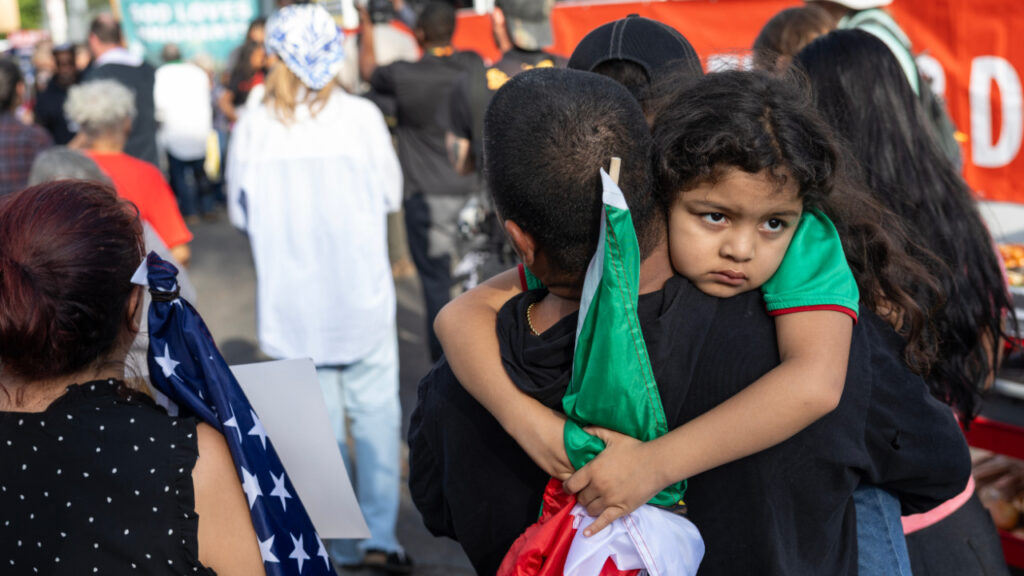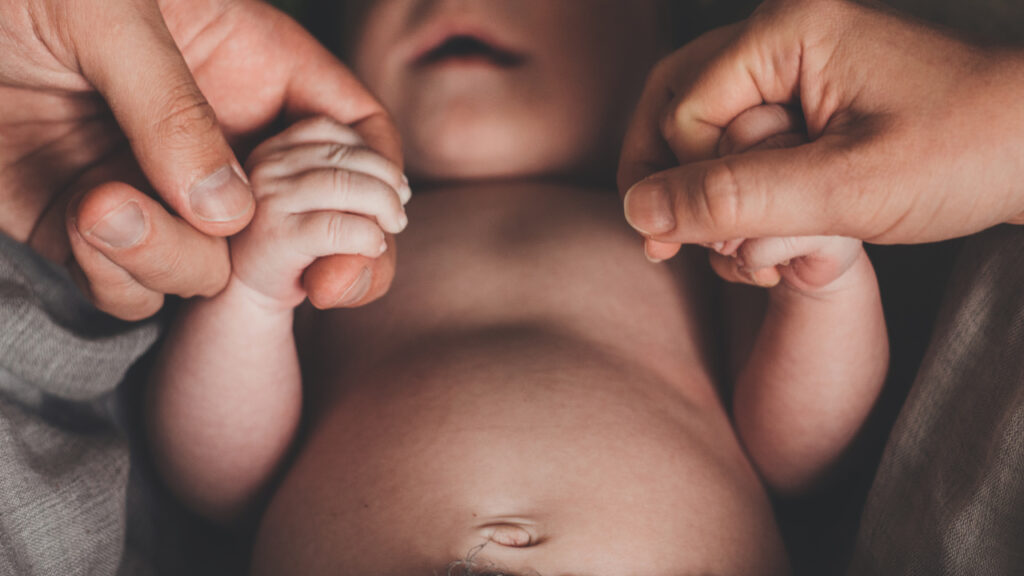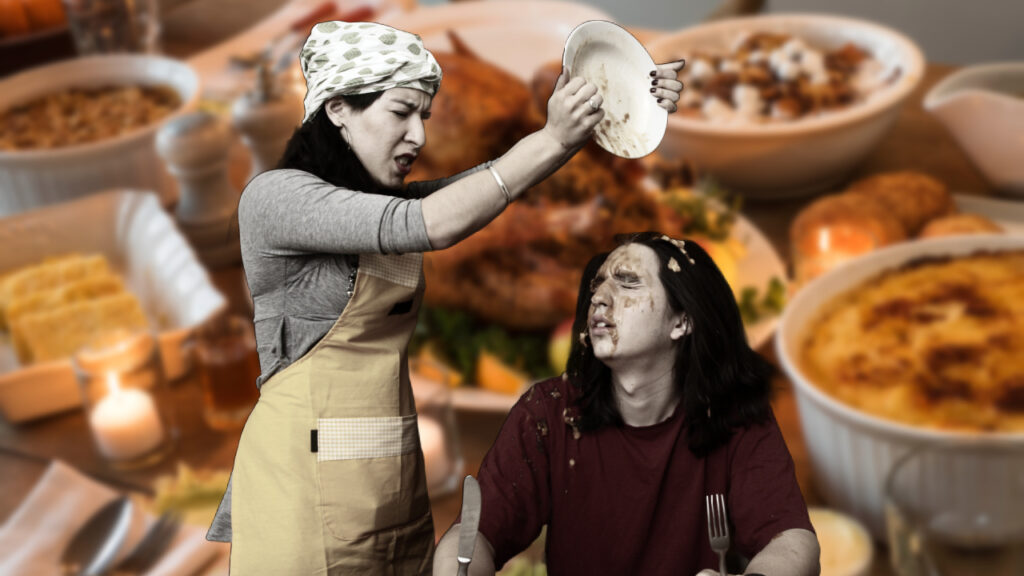
Latina Creator Opens Up About Challenging Mother-Daughter Relationships
Mother’s Day is a celebration of love for many. Between flowers and family meals, Latinos celebrate in style those who are the pillar of the family. However, Mother’s Day can be a difficult time for many others.
No one says that a mother-child relationship is simple — in fact, it can be one of the most complicated precisely because it is the first relationship we establish as individuals.
But what happens when that relationship is fractured, absent, or we simply haven’t had the time to process our personal grief and rebuild it?
That was the question Mexican-American content creator Ana Pao shared with her followers on social media.
“Mother’s Day is always such a strange time,” she says on the reel that went viral. “I love seeing everyone’s loving posts dedicated to their moms, their rocks, their best friends.”
Ana Pao goes on to explain that, while she’s glad relationships like that exist, “I’m closer to fully accepting that’s not the type of relationship I’ll ever have.”
In fact, the content creator echoed a sentiment that haunts millions of Latinas and women in general
“It always makes me wonder what life would be like if phone calls and texts from my mom caused joy instead of panic,” she confesses. “If being asked how I’m doing didn’t come with a hidden agenda.”
This, unfortunately, is the reality for many people for whom Mother’s Day is a date that triggers one of the most challenging traumas to cope with in adult life.
And Ana Pao’s followers were testimony to this.
Many related to her sentiment, sharing that they have not spoken to their mothers for years. For some, in fact, their mothers “taught me everything not to do as a mother.”
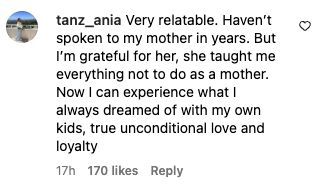
Ana Pao’s vulnerability opened up a very important conversation
The Mexican-American content creator’s video made many users feel less alone in their personal tirade.
“For so long, I thought I was alone in this,” wrote one. “It’s refreshing to see that’s not the case.”
“Thank you for this,” wrote another one. “Some [of] us don’t have that perfect mother/daughter relationship.”
Among all, there was common ground in their dysfunctional relationships with the mother figure: the victimization of the Latina mother.
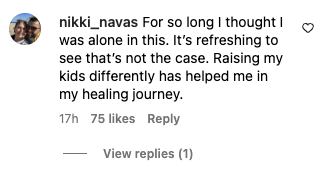
“Mine always makes herself the victim,” said one follower.
“Mine only comes around when she needs money,” said another.
Despite the media romanticization of the warm and supportive Latina mother, the reality is that this is not always the case.
“Mothers may serve as gatekeepers of patriarchy and also as a daughter’s closest female role model,” writes researcher Lisette J. Lasater in a paper for the University of California. “As a result, mother-daughter relationships may also be a source of deep ambivalence.”
It is this ambivalence that, in many cases, puts Latinas in an uncomfortable situation
“I celebrate Mother’s Day out of pure principle,” Guisell Gomez, a Colombian Senior Editor based in Florida, told mitú. “But I don’t feel that immense love when it comes to Mother’s Day.”
Gomez explains that, although she has discussed it with her mother, it is more about “what is expected of me” rather than a celebration per se.
However, she hopes that the personal work will one day make her happy to celebrate a moment with her mother.
“I do think it can be healed,” Gomez concluded.
And it can.
According to the American Counseling Association, understanding that mothers and daughters relate in a sociocultural environment is the first step toward healing.
It’s about understanding that Latino sociocultural conditioning, for example, exerts immeasurable pressure to fulfill roles that don’t fit all circumstances.
Although the ACA suggests couples therapy for mothers and daughters, this is not necessarily the only solution
“When one person changes their behavior, the relationship changes to incorporate the new behavior,” Rosjke Hasseldine wrote in a paper uncovering the root cause of this relationship conflict.
In short, healing comes from within.
As Ana Pao says in her inspiring video, “There’s no manual on how to navigate any of this, especially in our culture.”
“So to all those with a complicated relationship, to those who keep things hush-hush porque de eso no se habla,” we share Ana’s message of love, peace, and siempre adelante.

